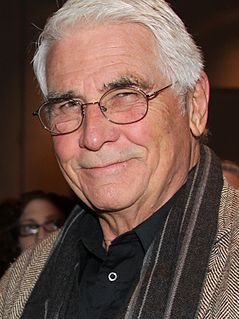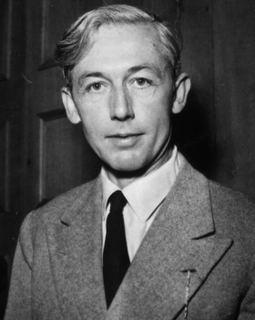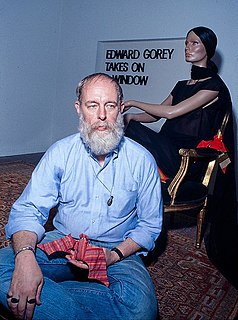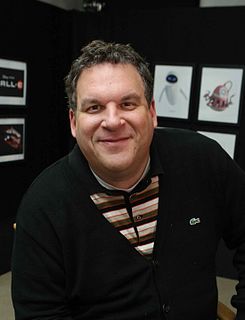A Quote by Roger Deakins
I don't really believe in the mystery of cinematography - what happens in the camera is what the cinematographers create and all that nonsense - I want the director to see what I'm trying to do.
Related Quotes
If you're doing nonsense it has to be rather awful, because there'd be no point. I'm trying to think if there's sunny nonsense. Sunny, funny nonsense for children — oh, how boring, boring, boring. As Schubert said, there is no happy music. And that's true, there really isn't. And there's probably no happy nonsense, either.
You want to give the director what they want, and you don't always know exactly how it goes, so you want to try it a few different ways. You have to be flexible; you have to be in collaboration with the director; you have to be versatile. But you also want to be protective of what you really believe in and how you feel it should be portrayed.
By this method thousands of humans have been brought to think that humility means pretty women trying to believe they are ugly and clever men trying to believe they are fools. And since what they are trying to believe may, in some cases, be manifest nonsense, they cannot succeed in believing it and we have the chance of keeping their minds endlessly revolving on themselves in an effort to achieve the the impossible.





































